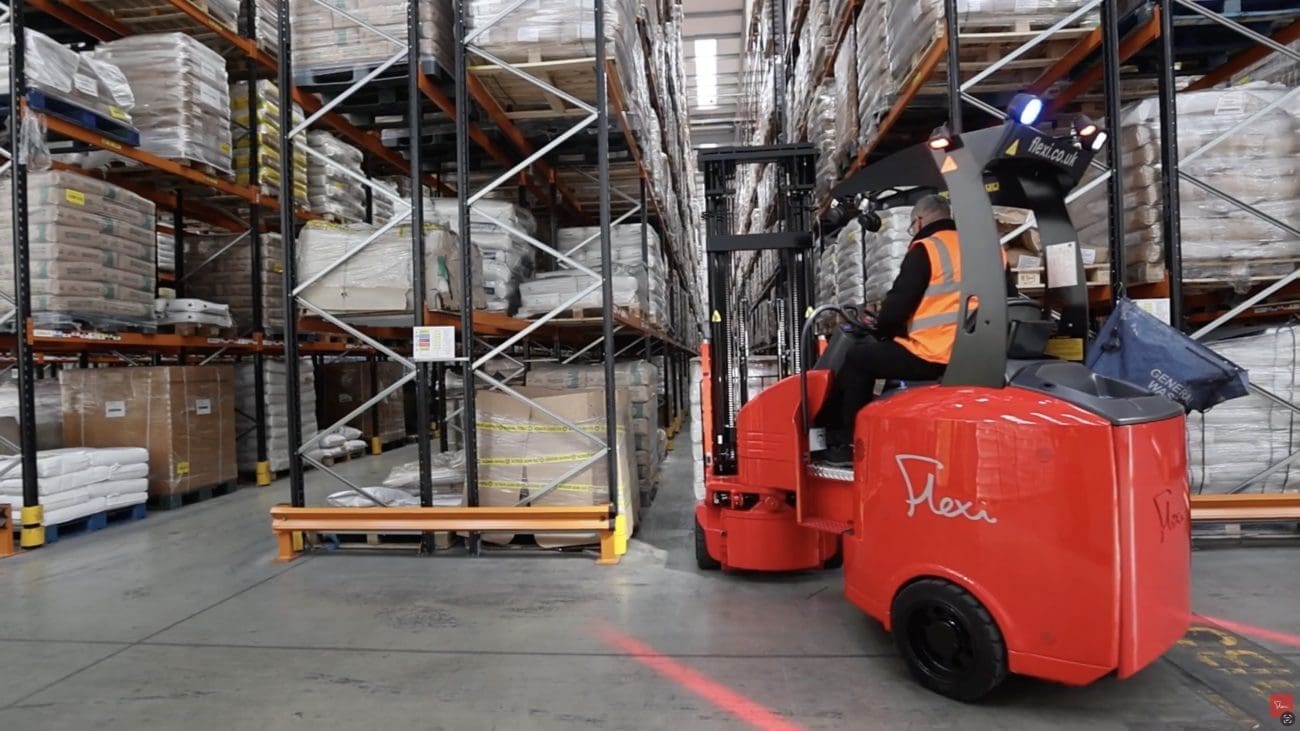- Shop All Documents + Bundles
- FORS V7.1 Document Bundle | Bronze (15 Policies)
- Transport Manager Compliance Pack (10 Policies)
- Transport Manager Compliance Pack (6 Policies)
- Health & Safety Policy Template
- Fuel, Emissions And Air Policy Template
- Operational Security Policy Template
- Serviceability And Roadworthiness Policy Template
- Road Traffic Collision Policy Template
- Counter Terrorism Policy Template
- Load Safety Policy Template
- Vehicle Routing And Scheduling Policy Template
- Driving Standards Policy Template
- Driving Hours Policy Template
- In Cab Technology Policy Template
- Passenger Safety Policy Template
- Complaints And Grievances Policy Template
- Drug And Alcohol Management Policy Template
- Hazard And Risk Identification Policy Template
- VOR (Vehicle Off Road) Policy Template
- Tyre + Wheel Policy Template
- Health & Eyesight Policy Template
- Transport Infringement Policy Template
- Walk Around Check (Defect Check) Tool Box Talk Template
- Transport Manager CV Template
- Social Media Policy Template
- Transport Manager Contract Template
- External Transport Manager Contract Template
- Driver Handbook
Who should foot the bill for new HGV driver facilities?

The UK government has threatened to tax haulage businesses and beneficiaries to fund a driver shortage fix if they don’t do it soon – but is this the best solution for an industry already under pressure?
“A road freight system overhaul cannot be done by the private sector alone” – Alistair Lindsay, chief operating officer, Zeus Labs
“When the road haulage sector pleaded for more support to deal with ongoing challenges, a new supply chain levy is not what we had in mind. Not only are we still dealing with the aftermath of Brexit and supply chain disruption caused by the pandemic, but also record-breaking fuel prices, inflation and an HGV driver shortage. “When the road haulage sector pleaded for more support to deal with ongoing challenges, a new supply chain levy is not what we had in mind. Not only are we still dealing with the aftermath of Brexit and supply chain disruption caused by the pandemic, but also record-breaking fuel prices, inflation and an HGV driver shortage. Normally, it would be easy to welcome measures to improve conditions for drivers, but too many questions remain.
“Firstly, we need assurances that this new levy will not fall on to the shoulders of small owner-operator fleets (with 10 trucks or fewer), which form the majority of registered haulage firms in the UK and underpin our national supply chain. Many of these are already selling trucks or going out of business.
“At a time when economic growth depends on consumers having access to goods in shops, the haulage industry needs more focus – not hindrance – on investment, support and growth. The supply chain sector needs to do its part, but progress will come from innovation and development, and this cannot happen without government involvement. When it comes to building more facilities, we should be seeking to partner with the government’s own EV Infrastructure Fund, so that we are also expanding recharge ports along motorways.
“Currently, there are more than 1,000 public EV charging stations outside Greater London. The fact is, cleaner fuels and alternative energy options can be supported from UK-based energy providers, without the need for foreign imports. This crisis could be the stimulant for a rapid overhaul of our road freight system, but it cannot be done by the private sector alone. It is an encouraging sign to see the government realise that urgent action is needed. But this latest proposal appears to ignore its role in creating much-needed change – at a time when we should now be combining our efforts.”
“It’s not the job of the haulage industry to build facilities for all road users” – Michelle Gardner, head of public policy, Logistics UK
“The driver shortage has been an ongoing challenge for the sector for years, but it reached a critical point with EU drivers leaving after Brexit, and a backlog of HGV driver testing – due to Covid-19 – which prevented many new recruits gaining licences. The logistics sector has already paid £700m into the Apprenticeship Levy scheme; however, an apprenticeship is not always appropriate for logistics firms, and the sector has only drawn down £150m from it. The scheme’s scope must be broadened to cover additional skills and qualifications, so it can be better used by industry to help resolve the skills shortage. Many Logistics UK members pay for CPC training for their drivers. A further levy would be detrimental to businesses operating on small margins already working hard to train staff.
“A main barrier to recruitment is the attractiveness of driving due to the lack of available roadside facilities and secure parking. Drivers and industry workers have the right to access washing facilities, a suitable meal and safe parking. Many drivers resort to taking their legally-mandated rest breaks on the roadside, which is a national disgrace. To resolve this, the government must review the current planning process, which can delay building new facilities. And while the industry is ready to invest in this, it is not its responsibility to build and run public facilities that cater for all road users, and not just the haulage sector.
“Industry was therefore encouraged by aspects of the government’s The Future of Freight plan, which includes a call for evidence on planning application processes, to help government understand how to better support industry when looking to introduce more HGV parking and improve roadside facilities. Any levy would place an unfair burden on businesses within the sector, and government and local authorities must engage with industry and work together.”













3 thoughts on “Who should foot the bill for new HGV driver facilities?”
Comments are closed.